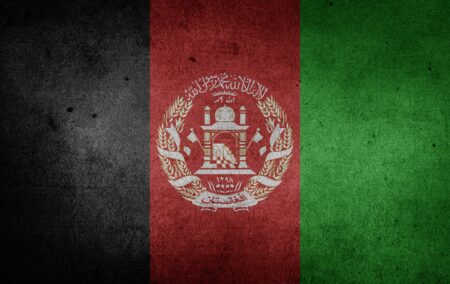Hopes of ending four decades of conflict in Afghanistan, which has cost tens of thousands of civilian lives, have been boosted by peace talks between the Afghan government and the Taliban in the Gulf state of Qatar.
This is the first time the two sides have met, and follows a United States (US)-Taliban security deal reached in February.
The BBC reported that the militants had until now refused to meet the government, calling them powerless and American ‘puppets’.
The two sides were aiming for political reconciliation and an end to decades of violence, which began with the 1979 Soviet invasion.
US Secretary of State Mike Pompeo called the talks a ‘truly momentous’ breakthrough, while the head of Afghanistan’s peace council called it an ‘exceptional opportunity for peace’.
One senior Afghan negotiator, Nader Nadery, told the BBC it was ‘an emotional, but very very difficult and important day’.
‘All of us have lost loved ones and the country that we love so much has been destroyed… it’s also difficult because you face the people who, as an example in my case, killed my nephew two weeks ago. And we need to pull all the strength to face them, to talk to them.’
A Taliban spokesman said it was ‘good progress’ that both sides were talking rather than fighting.
The head of Afghanistan’s delegation, Abdullah Abdullah, said the two sides did not fully agree on ‘each of the issues before us’, but said he hoped for a ceasefire and peace that would be accepted by all Afghan citizens.
The report said many worried that fragile progress made in women’s rights might be sacrificed in the process, with one women’s rights activist pointing out that ‘there is not a single woman’ in the Taliban’s negotiating team.
The talks also presented a challenge to the Taliban in advancing a tangible political vision for Afghanistan. The group had so far been vague, stating it wished to see an ‘Islamic’ but also ‘inclusive’ government.
[Picture: Chickenonline from Pixabay]

